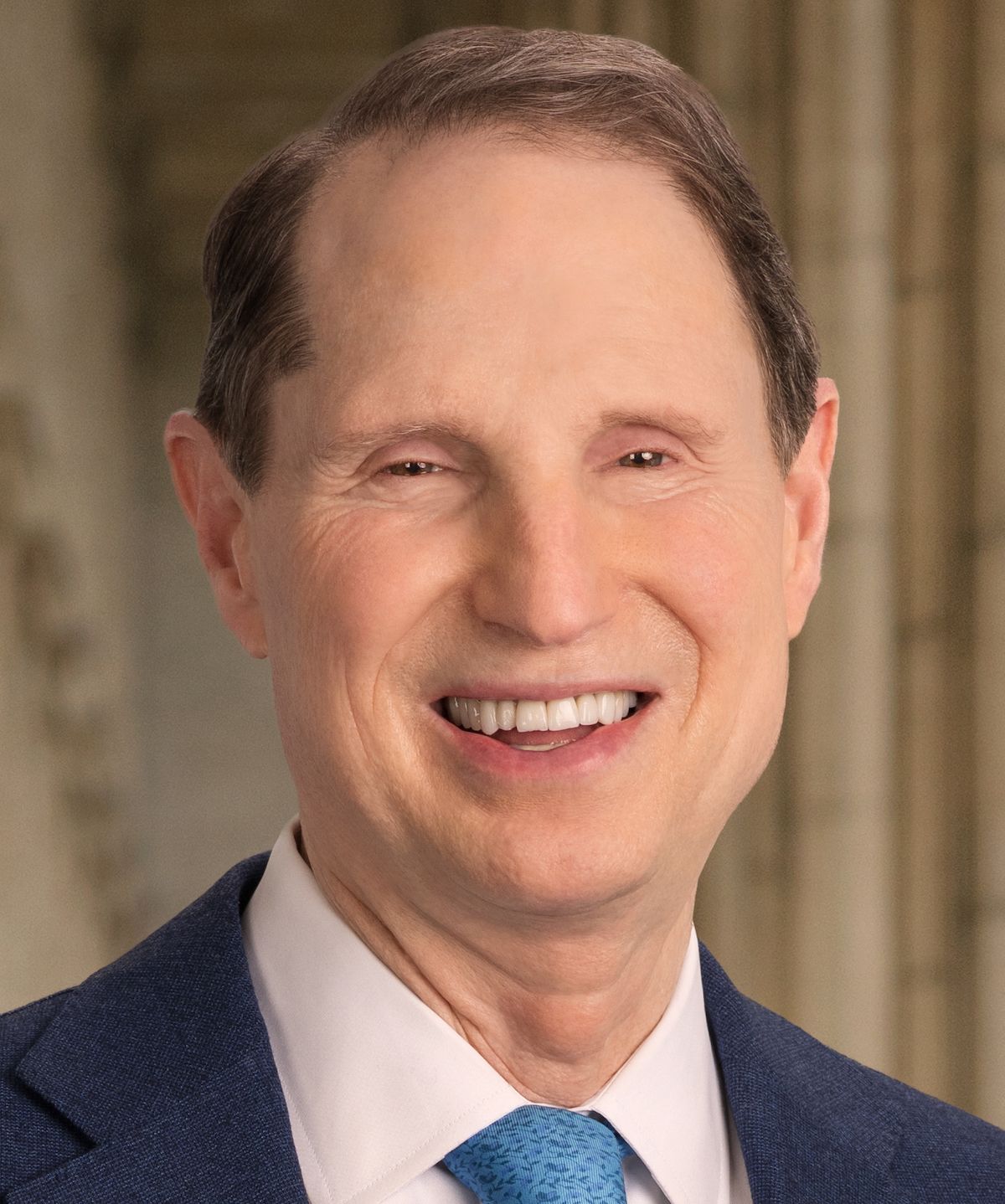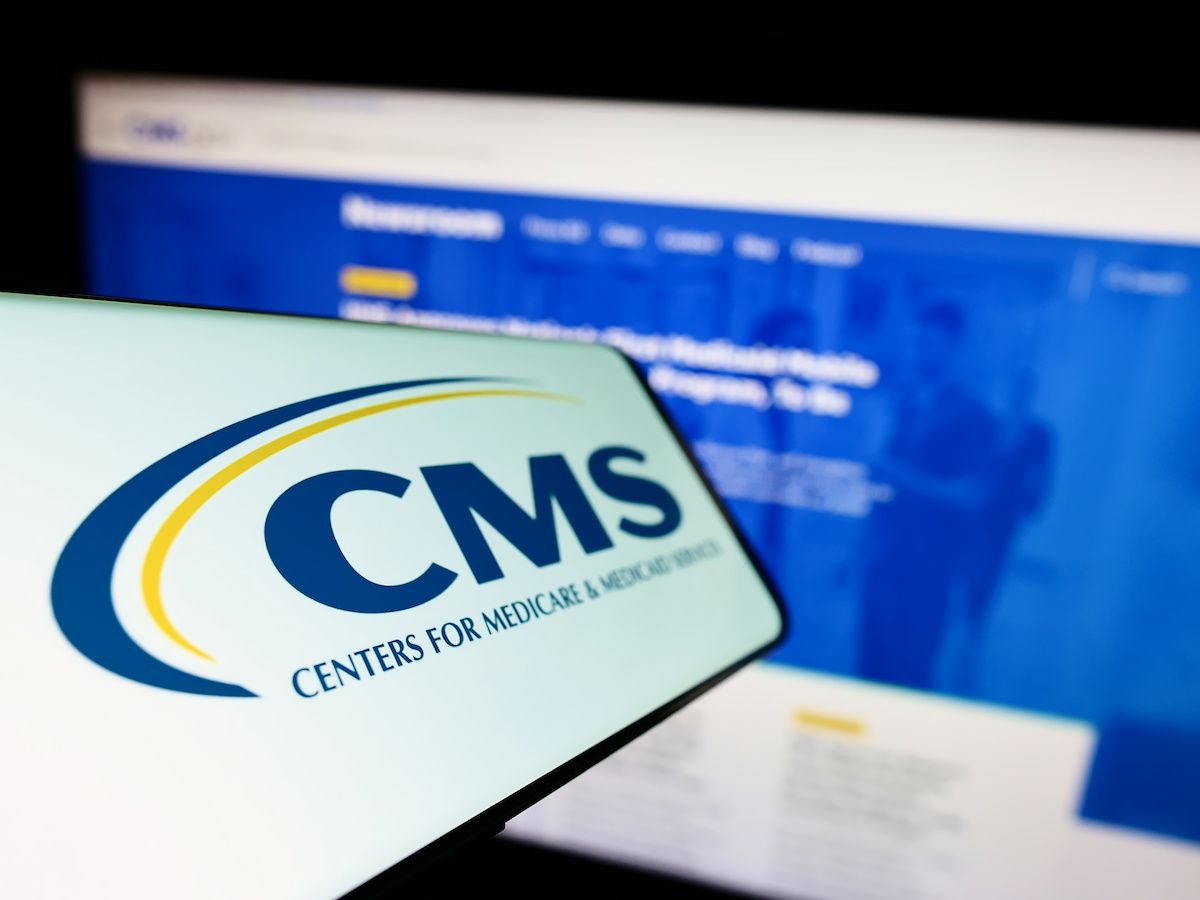Article
Financial Beat
Autos, Fraud, Tax Calendar, Real Estate
Financial Beat
By Yvonne Chilik Wollenberg
Autos: New head air bags could save your life
While conventional air bags are primarily for torso protection, many new cars now offer air bags designed to protect the heads of drivers and passengers. Crash tests show that they effectively cushion the impact in serious wrecks.
Nearly 10,000 people die each year in side-impact car accidents, and more than half of these deaths involve head injuries. "These tests demonstrate that people can survive serious side-impact crashes in the real world because head air bags prevent their heads from striking rigid objects," says Brian O'Neill, president of the Insurance Institute for Highway Safety.
Institute technicians crashed a pickup truck into the side of a Volvo without a head air bag and found that a dummy in the rear seat was struck hard enough to cause fatal head injuries. The dummy escaped serious head injury when the new head bag was added.
Head air bags are standard equipment in many 2001 models, including cars from Audi, BMW, Cadillac, Chevrolet, Hyundai, Infiniti, Jaguar, Lexus, Lincoln, Mazda, Mercedes, Oldsmobile, Pontiac, Porsche, Saab, Volkswagen, and Volvo.
Fraud: What makes people angriest? Home improvement transgressions
Consumers' No. 1 beef? It's shoddy or inadequate work, work not done at all, or scams on kitchens, bathrooms, and other home fix-up projects. That's according to a survey by the National Association of Consumer Agency Administrators and the Consumer Federation of America. Gripes about auto sales rank second, and problems with big-ticket household goods, such as appliances, computers, and furniture, are third.
The largest increase in consumer gripes involves the Internet. State and local consumer agencies reported that Internet-related complaints rose almost 40 percent in 1999 over 1998. Customers most commonly had problems with merchandise ordered online. Auto repairs, utility service, investment scams, and credit and loan fraud also garnered large dollops of consumer ire.
The survey was based on complaints made to 49 consumer agencies in 1999. For advice on how to complain, contact the National Association of Consumer Agency Administrators at www.nacaanet.org/complain.htm.
Tax Calendar: Don't stand up Uncle Sam on these dates
It's that dreaded season of the year1040 time. By now, you should have received your W-2 and 1099 forms. As you gather tax documents for your accountantor settle down to tackle them yourselfkeep the following deadlines in mind:
April 16. File your tax return or a request for an extension. If you do ask for an extension, you must make a full tax payment to avoid late penalties and interest.
This is also the last day to make a contribution to your IRA for the 2000 tax year, and the due date for your first quarterly payment of estimated taxes for 2001. The next payments are due June 15, Sept. 17, and Jan. 15, 2002.
Aug. 15. If you received an extension to file your 2000 taxes, this is the deadline. It's possible to apply for another extension, but the IRS must approve it.
Oct. 1. The last day for employers to set up a SIMPLE IRA plan for 2001.
Around now, mutual fund investors should ask when their funds (or funds they're interested in buying) will declare year-end dividends. You don't want to buy shares just prior to that date, and soon after pay taxes on distributions for gains and dividends you didn't share in. Many funds announce their dividends dates late in the year.
Oct. 15. The ultimate filing deadline for those who've requested a second extension.
Dec 31. Last day to give away up to $10,000 per person free of the gift tax, sell investments to register a gain or loss in 2001, or rack up tax deductions.
It's also the last day to set up a Keogh retirement plan so that contributions still count for 2001. If you're granted a filing extension prior to Dec. 31, 2001, you can fund the account until April 15, 2002.
Real Estate: How to quit paying mortgage insurance
The boom in home prices has given many homeowners an unexpected bonus. Rising home values may mean you can cancel your private mortgage insurance (PMI) and save a couple of thousand dollars a year. If you bought a home with less than 20 percent down within the past few years, you're probably paying up to 1 percent of your loan balance annually for the insurance policy. But if price appreciation has lifted the value of your home to the point where your equity exceeds 20 percent, your lender may drop the obligation to carry PMI.
Real estate price increases between June 1997 and June 2000 were sufficient to bring the average borrower over the 20 percent equity mark in 58 of 61 cities studied in a survey by HomeGain.com. Homeowners in San Francisco, where the median sale price last June was $465,400, saw the highest increase in equity levels. With an average loan balance of $270,614, the typical Golden Gate homeowner owns 42 percent of his home's value. Dropping mortgage insurance would save him more than $2,000 a year, according to the survey.
Should you try to dump your PMI? Use the price calculator at HomeGain's Web site (www.homegain.creativedata.net/hgcalc/) to estimate your home's current value and how much equity you hold. Some lenders expect you to carry mortgage insurance for at least two years. After that, you may have to pay for an appraisal and deal with other legalities in order to be freed from your PMI obligation.
Real estate markets with the highest equity increases
The author is a freelance writer in Teaneck, NJ.
Yvonne Wollenberg. Financial Beat.
Medical Economics
2001;4:12.





